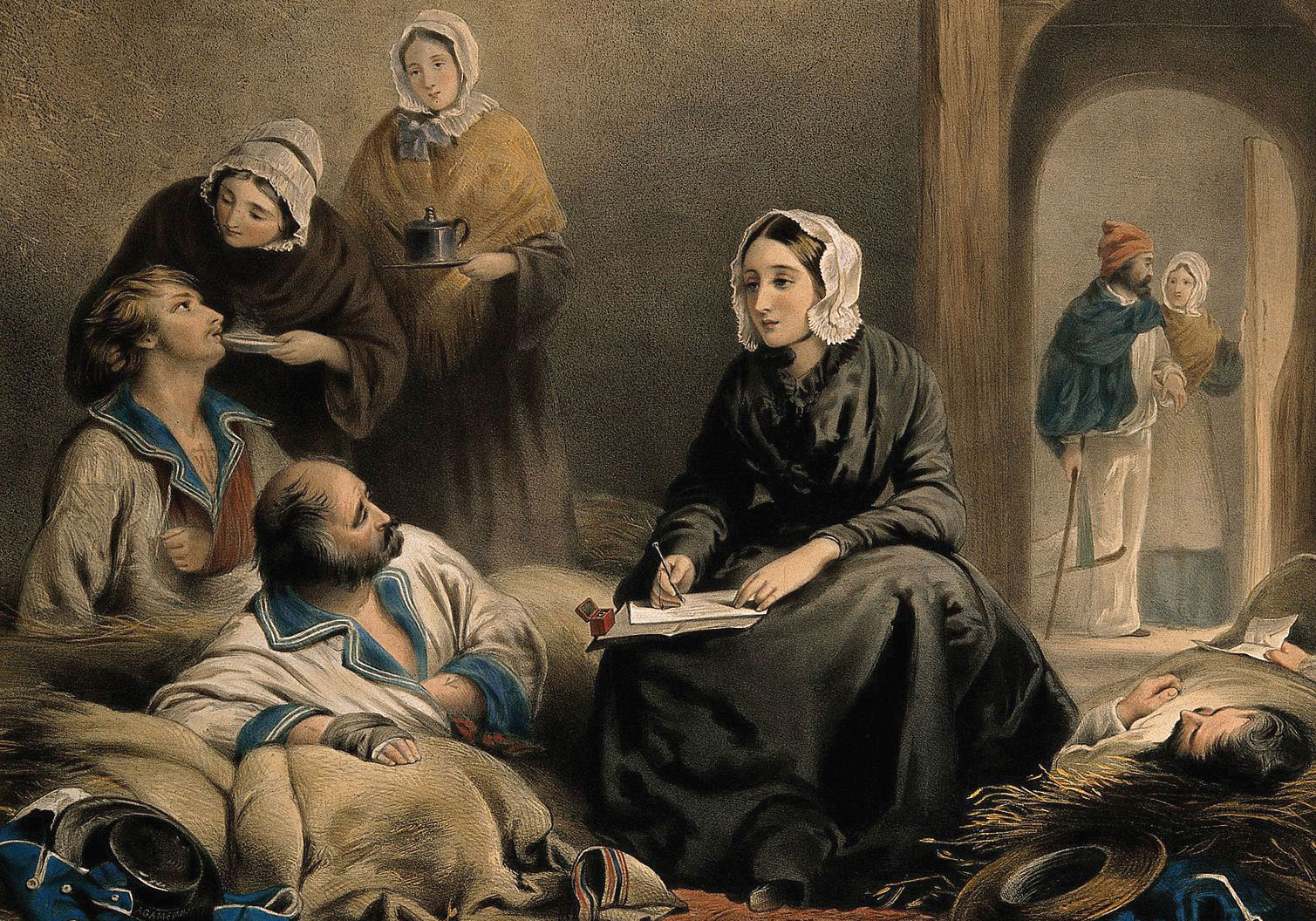Many of her famous quotes reveal a dedication to advocacy as well. Here’s what the most well-known pioneer of nursing taught us about raising your voice for what’s right—in health care and policymaking.
“I am of certain convinced that the greatest heroes are those who do their duty in the daily grind of domestic affairs whilst the world whirls as a maddening dreidel.”
Fewer prescient words have been uttered, and Nightingale’s admonition is particularly striking in light of a global pandemic. She had a strong will, a soaring spirit, and a powerful voice that still echoes today. She was that light in the darkness that provided hope, guiding the nursing field to a new era. When Nightingale said that the real heroes are those who do their duty while the world is spinning out of control, she was referring to nurses, and we see that today as they show up to care for patients on the frontlines.
The pandemic has cemented the fact that nurses are an integral part of patient-centered care and should be able to practice to the full extent of their education and licensure. We’ve seen steps in that direction with the Centers for Medicare and Medicaid Services’ (CMS’s) temporary waivers surrounding nursing scope of practice, but oncology nurses can channel Nightingale’s power and raise their voices for lasting change.
“So never lose an opportunity of urging a practical beginning, however small, for it is wonderful how often in such matters the mustard-seed germinates and roots itself.”
Too often, nurses say and feel that their impact is marginal. But when it ranks nurses as the most trusted profession year after year, society shows that it thinks otherwise. As ONS and the nursing community advocate for palliative care, pain management, access and affordability, research dollars, and a stronger commitment to education, nurses have an opportunity to plant a seed with decision makers and increase awareness for health care.
Those teachable moments make lasting impressions. Congressional staff, elected officials, federal regulatory agencies, and news outlets seek out nurses and their expertise. The experiences that nurses can share about real world health care are invaluable, guiding future public policy interpretation and more precise legislative and regulatory procedure.
“I think one’s feelings waste themselves in words; they ought all to be distilled into actions which bring results.”
Actions speak louder than words, and nursing is a profession of activists. They see a problem, fix it, and move on to do the same with the next problem. The policy and advocacy world is often foreign to many nurses. But through professional organizations like ONS, nurses have the opportunity to help make a real difference in that arena and demonstrate how their role in health care is results oriented. Bringing a nurse’s voice to federal, state, and local government is necessary, particularly today.
The shortage of healthcare providers during COVID-19 that led to the CMS waivers illustrates how action can have an impact. The situation called for an all-hands-on-deck alert, and CMS realized it was necessary to expand the role of the nurse practitioner in patient care. The nursing community applauded the U.S. Department of Health and Human Services for its forward thinking, calling for nurses to be able to practice to the full extent of their education and licenses. When nurses speak, policymakers hear a dedicated healthcare professional providing valuable insight that is worth heeding. Lend your standing to the cause and take action to change health care.
“Rather, ten times, die in the surf, heralding the way to a new world, than stand idly on the shore.”
Perhaps the truest line for nursing advocacy is that nurses, by personality and training, cannot sit on the sidelines watching. Nightingale fought to have nurses lead, not follow. She also was famous for saying, “I attribute my success to this: I never gave or took any excuse.” Responsibility is key in advocacy. Oncology nurses understand this because they are with patients, families, caregivers, and providers and see firsthand what they endure. Excuses simply won’t do; running into the fray is the only way to truly make a difference.
“If a nurse declines to do these kinds of things for her patient, ‘because it is not her business,’ I should say that nursing was not her calling.”
Even two centuries later, that is a powerful statement, particularly in advocacy: The nurse is the provider that patients turn to in times of trouble. Nurses need to be seen and heard, and their input allows policy leaders to better understand their role in health care. It’s part of the call of nursing. No other profession will carry the water for nurses. Heed that call, and make your voice heard!






